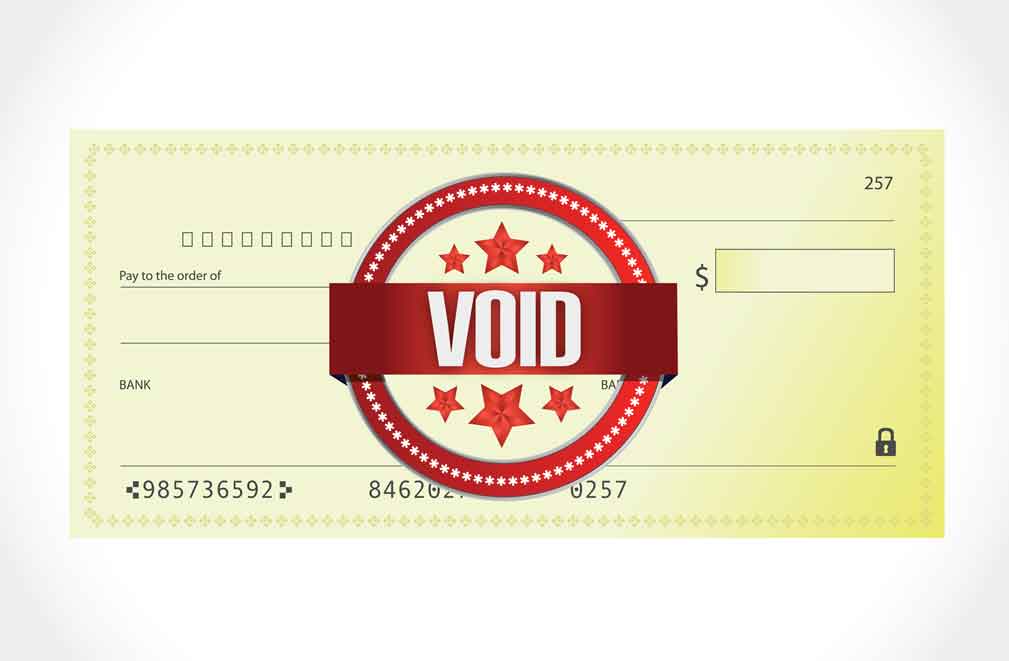 More than 4 out of 5 borrowers stay with their bank when their mortgage renews.
More than 4 out of 5 borrowers stay with their bank when their mortgage renews.
And of all the reasons to do so, the least valid is probably this: because they want to keep all their finances at one institution—for “convenience.”
Some people like that their mortgage payment comes out of their bank account automatically each month — that they can log in to their bank portal and see their mortgage balance right next to their chequing account balance.
That’s understandable. What’s not so understandable is how much some are willing to pay for that convenience.
Switching lenders at maturity can save you money. So, given the average mortgage balance is somewhere around $275,000 according to TransUnion:
- Is it worth paying a bank a 15-basis-points higher rate to keep your mortgage with your other banking?
- That’s the difference between the average discretionary Big Bank 5-year fixed rate and the lowest nationally available (uninsured) 5-year fixed.
- It works out to $1,893 of extra interest over five years on a $275,000 mortgage with 20-year amortization.
- Is it worth paying 10 basis points more?
- $1,262 extra interest over five years
- Is it worth paying 5 basis points more?
- $631 extra interest over five years
If you’re saving less than $500 to switch lenders and your existing lender has great features, that’s one thing. But on a standard mortgage, it usually costs nothing but a $300 +/- assignment fee and 3-5 hour time commitment to switch lenders at renewal. Other things equal, one would think that $1,000+ in interest savings would make it worth logging into separate websites to view one’s mortgage and chequing account info.
 And if you’re the type of person who prefers that your monthly payments come out of your primary bank account automatically, here’s some good news. That’s possible with almost any mainstream lender nowadays.
And if you’re the type of person who prefers that your monthly payments come out of your primary bank account automatically, here’s some good news. That’s possible with almost any mainstream lender nowadays.
It’s routine for lenders to ask borrowers for void cheques and/or Pre-authorized Debit (PAD) forms. That lets them automatically deduct their mortgage payment from your bank account.
Long story short, supposed convenience shouldn’t prevent you from saving money in a world where everything mortgage can be done online or by phone. Most people don’t check their amortization progress that often and lenders do send out statements.
It’s better to keep the $500, $1,000 or $2,000 in your pocket, focus on mortgage features that matter (like penalty policies, refinance options and so on) and not worry about using two different websites to monitor your finances.
Three related points to keep in mind:
- Banks have increasingly been offering cash incentives to new borrowers. In order to get these rebates, however, the customer’s mortgage payment must be taken from an account at that bank. If the customer doesn’t have one, they have to open one. Forcing you to maintain an account with them lets a bank get further inside your wallet (so they can sell you more financial products), thus justifying its upfront cash lure.
- Depending on the lender, it’s sometimes easier to make prepayments if your chequing account is with the bank that holds your mortgage. But again, how much is that worth?
- Lenders want to make sure they get their payments on time, so most don’t even give you a choice these days. Pre-Authorized Debit (PAD) agreements are routinely mandatory for new mortgages.

 log in
log in
13 Comments
I use Mint.com to track my spending and my mortgage is through First National. I am able to connect all my bank accounts, plus this, so it shows my mortgage balance up to date in my net worth.
Good idea Matt. I’ve done the same for about a year now. Works pretty well.
$300 assignment + 3-5 hours work is $600-$800 in value.
So saving $500 def not work it. Saving $1200? Well that’s about $100/year for the convenience, I’d say it’s within range of what I would pay. So would have to be a bigger differential to switch.
If you are doing this with multiple mortgages (i.e. home, cottage, rentals), it can start to have a negative impact on credit scores. While most people are aware of the small hit to a credit score from pulling the report, there’s another hit after the new mortgage reports to the bureau. That hit is due to the drop in average age of accounts.
For people with fringe scores, who plan to borrow more near-term and have more than two mortgages (an extremely small cohort), perhaps it might be meaningful. But I can’t stress enough how small a group that is. And the impact of a few credit hits are minor and fade over several months. Now, if someone switches from a regular mortgage to a HELOC at a new lender, there might be more impact to the score. But that’s another discussion.
Most people in fixed bank mortgages are ignorant of the true cost to begin with. Banks have atrocious IRD penalties and almost never give customers good deals on mid-term refinances.
Fortunately for banks, most people think like Leo and are too complacent to switch despite any savings.
@Matt and The Spy. Using Mint is specifically against the terms of use of most banks and very much not a good idea. It could invalidate their balance protection if anything goes wrong. You are giving away your banking password to a third party which is a terrible idea.
@Broker. It’s funny that brokers constantly try to make the claim that it’s not all about the lowest rate (95% is of course) but when I say I’m willing to pay a small amount for convenience that’s somehow a bad idea.
Hi Leo, Mint uses my bank’s open banking API to gain access to my account data, with my bank’s consent. Not sure they can interface with a bank that does not provide consent. Will contact them about your ” invalidate…balance protection” concern and report back on their response. In the meantime, if you don’t trust a reputable company like Intuit (who millions entrust with their sensitive tax data, as Intuit owns TurboTax), don’t use Mint.
Rob, I agree it doesn’t apply to many people. But for those of us that do have multiple rentals, we have to be extra careful. Even with great cashflow, clean credit reports, and significant net worth, I still find rental property mortgages more difficult to get approved if you let your BEACON/FICO score get below 700.
As you know, with a primary residence, someone can have a score of 650 and you can still find them a mortgage with a great rate.
If you’re giving Mint your bank password then you are violating your banks terms of service and they will hang you out to dry if something is compromised, Trusting a third party with your login credentials is a very bad idea.
If you are using a read only token like Wealthsimple has then that’s ok. However I’m not familiar with any major Canadian bank that supports that.
What Leo said doesn’t apply to all banks. Mint works directly with TD for example. TD would not let Mint access its accounts and download sensitive customer data without authorization.
Not true ShinyMetal. If you are giving your bank password to Mint it is not secure and you are violating your banks terms of service. Simple as that.
Some institutions have special support for Mint that does not use your password but uses a special read only access token. I just checked Mint and adding a TD account asks for Access card and password. Not secure
I bank at TD and they say they support Mint. I don’t think your info is correct Leo.